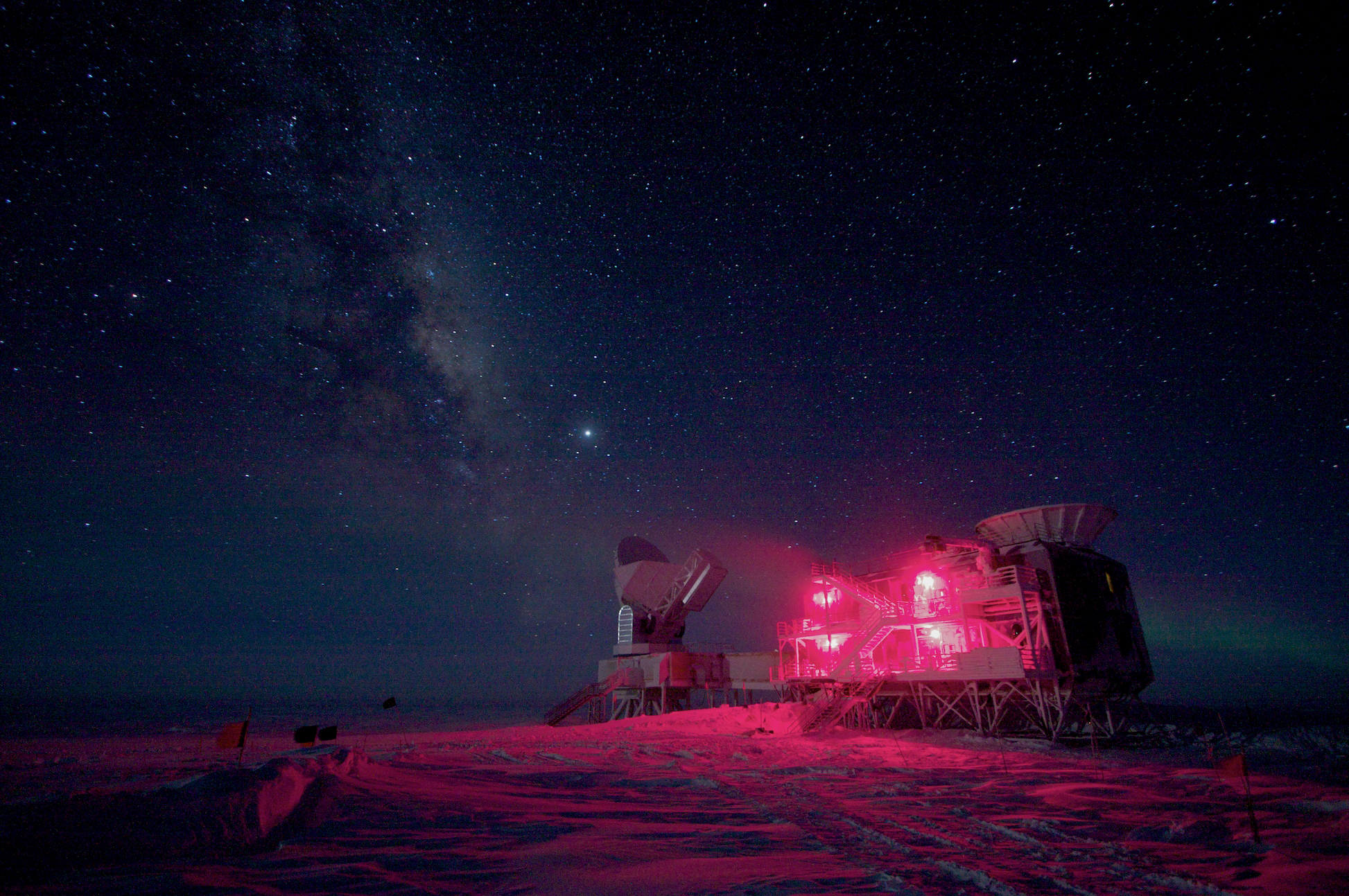

A major recent cosmology finding is being called into question in some online exchanges, Science Now reports.
Last month, a team of astrophysicists announced it had found the first direct evidence that the universe expanded enormously less than a second after the Big Bang. The team found evidence of gravitational waves. The waves are ripples in the fabric of space and time that theories about the Big Bang had long predicted, but which physicists hadn’t previously been able to measure.
If true, the new finding would give astrophysicists vital information about the formation of the universe. Scientists in the field celebrated with champagne and guesses about the discovery’s Nobel Prize-worthiness. They wrote more than 300 papers dealing with the announcement’s implications.
Scientists in the field wrote more than 300 papers dealing with the announcement’s implications.
Like every scientific finding, however, gravitational waves awaited confirmation from independent researchers. Indeed, the discovery has not yet been published in a peer-reviewed journal, although it is free to download—and thus available for critique—on arXiv, a website for physics and other science papers. Now, a theoretical physicist and blogger in France has published a post on the blog Résonaances contending he’s found some flaws in the gravitational waves measurements.
The gravitational wave team did not properly clean its data of interference from other galaxies, wrote Adam Falkowski of the Laboratory of Theoretical Physics of Orsay. The team disagrees. “We stand by our paper,” Clement Pryke, one of the team’s leaders and an astrophysicist at the University of Minnesota, Twin Cities, told Science Now.
This isn’t a question of cheating or fraud. Instead, it’s one of whether Prkye’s team, called Background Imaging of Cosmic Extragalactic Polarization or BICEP, analyzed its data correctly. This contrasts with some other recent online science critiques we’ve seen, which unearthed more harmful problems. It’s expected that any big science discovery should trigger some debate about whether the results might be explained by something else.
More data and studies will help resolve the debate. Physicists are awaiting another release of data expected in October, from the European Space Agency spacecraft Planck, Science Now reports.